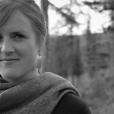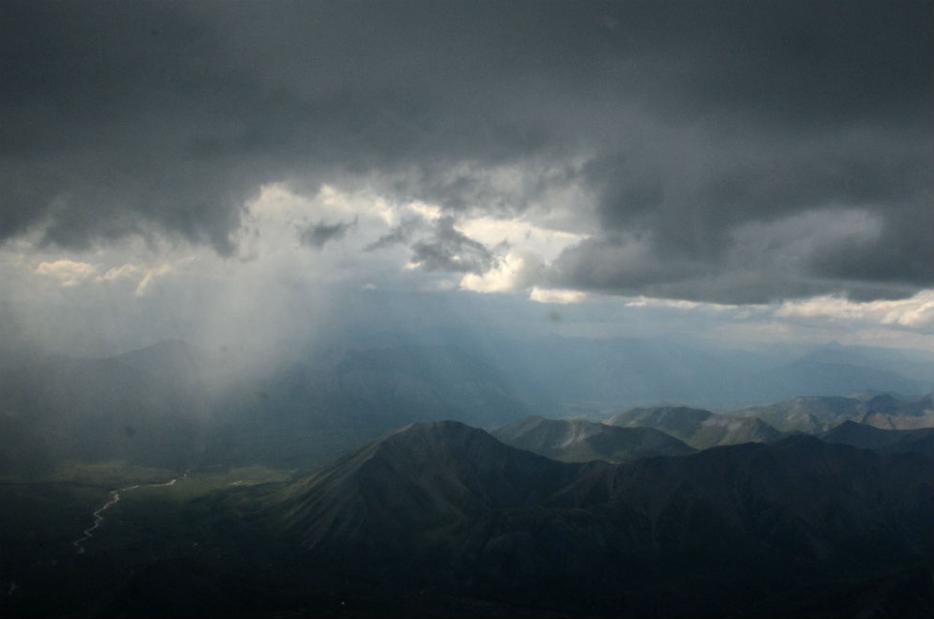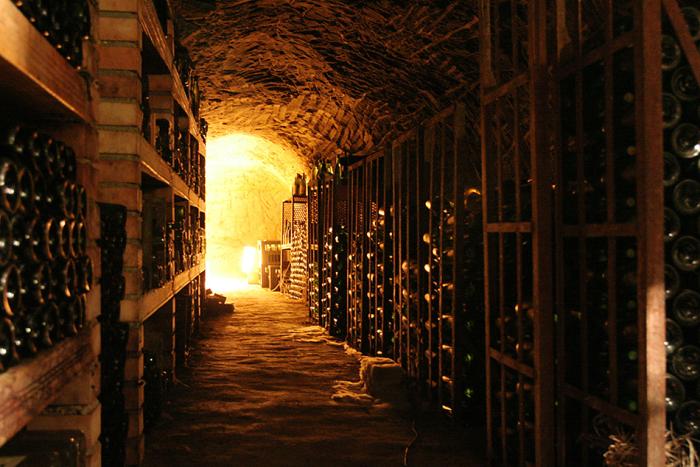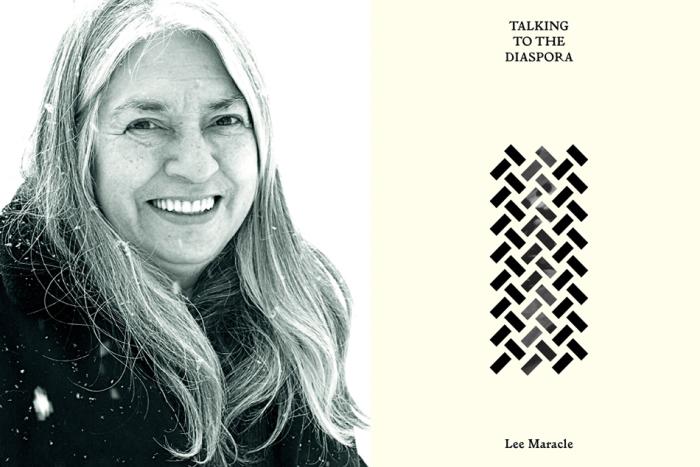Our floatplane landed on a lake wedged between the Wernecke Mountains. The pilot cut the engine and told us to jump out ten meters from shore. He turned around to look at us crammed in the backseats. "You're going to get drenched soon enough."
Nobody moved. Then Dad took off his seatbelt, hopped into the hip-deep water and started carrying our gear to the shore: dry bags, paddles, 30-litre food barrels.
"So princess doesn't have to get wet!" he yelled. I looked at my friends, embarrassed. We jumped out to help.
I had been worried about bringing my dad on this 16-day-long trip, concerned that he would tell that dumb ghost story or eat more than his share of the meals or worse, that he wouldn't eat enough, to be polite. Dad is a big man: 220 pounds. I hated the thought of him going to bed hungry. He was 61. I imagined our canoe flipping, Dad bobbing in the rapids. Was he getting too old for long trips in the bush? Months before, when I called to invite him, I had pushed this thought out of my mind. When he answered the phone, his voice was the pay off: high-pitched, startled. "Oh my god, really, Deen?"
"Really."
"Of course I'll pay for your portion, too," he said.
"You don't have too," I replied, knowing he would. The trip was going to cost over a thousand dollars each and I was unemployed, having quit my job as a reporter the year before.
"I want to."
We needed an extra body. Convincing my friends was easy. Vanessa brought her older brother from Ontario along. The other two boats were couples from Whitehorse. Alan and Marie were the working professionals: a social worker and an engineer. Duncan and Sarah wore matching white bucket hats and would soon start an organic farm, which was Sarah's dream, and spend the winter months trapping wolverines, ermines and rabbits at an isolated cabin, Duncan's idea of a good time. We were getting dropped off in the Yukon wilderness with only a couple of tensor bandages and Tylenol to get us out of any trouble; a bit of wisdom couldn't hurt. I told them Dad had a beard and a gnarly frostbitten toenail, and once, when working in the Arctic studying polar bears or plants or something, he got so bored he tried to get high off the smoke from a mosquito coil and threw up all night. They liked that story. He was in.
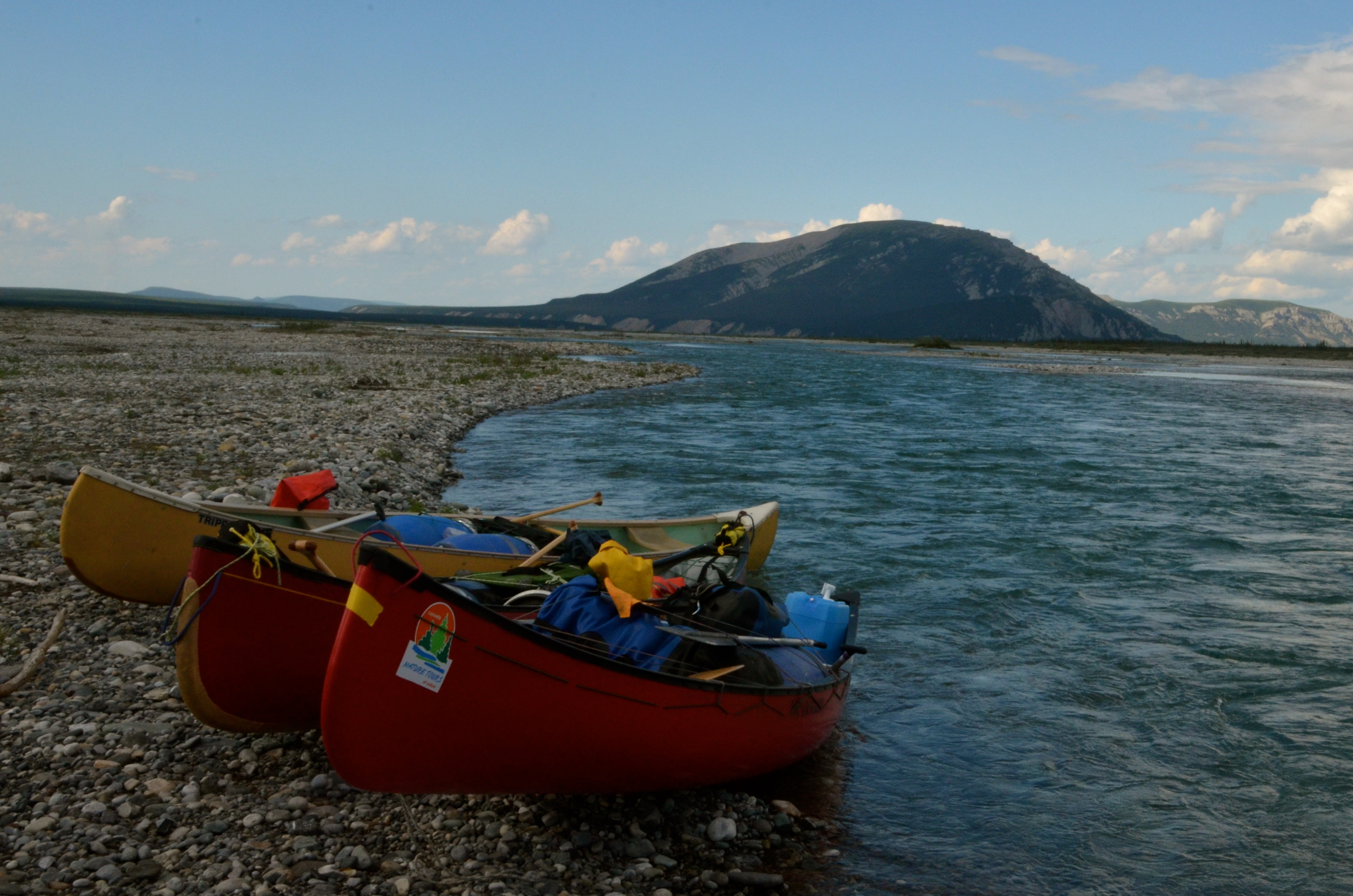
The next morning after we had packed up camp, Vanessa pulled a package of dollar store face paint from her dry bag and said "Surprise!" We had decided to each pack a surprise for the trip. Dad and I brought chocolate. Sarah, who worked at the organic bakery in Whitehorse, baked a batch of brownies over the campfire. Marie brought a bottle of sherry that we passed around at night, a few sips to light us up.
"What do you want?" I asked Dad. He thought about this for a moment.
"War paint."
I drew an orange line down his nose, across his cheeks and on his forehead, repeating with green and blue. He stood patiently, his eyes closed. His skin was warm from the sun; the feeling of stubble on his cheeks a vague comfort. I realized I hadn't touched his face since I was a kid. The moment felt tender, too tender, and I rushed to finish. When it was dad's turn, he drew a rainbow on my forehead and a stick figure doing a cartwheel on my cheek.
"I'm not six years old anymore," I said, when he told me what he did. Dad stared at me, wide-eyed, trying not to smile.
"You aren't?"
I woke to water hitting the tent. Vanessa slept beside me. I lay in bed for what seemed like hours, listening to the rain, for the sound of Dad's tent zipper. I had started to dread mornings: climbing out of my sleeping bag, wedging my feet into wet gumboots, the hard seat at the front of the canoe.
The wind tore through the valley; the sky, dark grey, not even a pocket of hope in the distance. As we started paddling, it felt like we weren't moving at all. I was wearing most of the clothes I brought, layers of wool and fleece underneath waterproof jacket and pants, but I was still soaked to my skin. How could it still be July? I sang the first four lines of “You are My Sunshine” to distract myself from the cold.
“Stop singing. Start paddling,” Dad said. He has only used this voice with me a handful of times in my life.
I turned around. His lips were blue, thighs trembling. He was wearing shorts because he always wore shorts camping. I begged him to put his pants and gloves on, but he refused; he didn't want to stop. I kept turning my head to look back at him, to make sure he was okay. He wouldn't look at me.
The rain had flooded the channel into a shallow pool stretching across the valley. The boat ground against the bottom. We had to get out and drag the canoe. I was at front, dad at the back. The wind cut to my skin. The current sloshed into my gumboots, the cold numbing my entire body. It seemed insane that we had gone swimming in the same river just a few days before. I cried a little and then lost the energy to cry. I thought about home and how stupid it was to ever leave.
Finally, land. We pulled out on a marshy island. There was no wood to start a fire. Vanessa cut up block of cheddar cheese. Sarah and Duncan did jumping jacks, but their cheerful"C'mon guys, join in!" was more irritating than helpful. Dad was rummaging through his dry bag and muttering to himself.
“Give him this, and you need to hug him, body warmth” Vanessa whispered to me, handing over a chunk of cheese.
Dad had lost the colour in his face. His hands were shaking so violently he couldn't get his gloves on. I couldn't hug him. I didn't even want to look at him. Here I was, peeking around the corner to my future, and I was balking. I was not supposed to take care of him. Dad was supposed to take care of me. Didn't he care that I was cold, too?
I grabbed the neoprene and held his hand steady, wedging the stiff material onto his fingers. “Thanks,” he mumbled so quietly I could barely hear him, keeping his gaze lowered.
Dad wandered away to walk slow laps of the pebbly shore. Back and forth. Back and forth. The rain and wind weren't letting up. I knew the line between uncomfortable and hypothermic was blurry. The cold slows the brain. Then confusion sets in. Was he trying to warm up, or in a compete daze?
"What's he doing?" I whispered to Vanessa.
"He'll be ok," she said, looking at me in the eyes. I loved how Vanessa stayed calm in emergencies.
"But what if he's not?"
And then she called everyone over and yelled "Group hug!" At the centre, Dad. As arms enfolded him, he didn't object. We huddled our soaked bodies around him, smelling of sweat, smoke and rain. He was like a toddler in a big familial embrace. Maybe we all needed it to stay warm. Or maybe the hug was just for him. Either way, his shaking has slowed.
"Ok, Ok, I'm fine," he said, pushing us away with his elbows. We got back in our canoes. As soon as we started paddling, the clouds broke.
An hour later we found a campsite. On the sandy shore the word BEAR! was written in stones: a message from a group that had set up in that same spot, probably weeks before. We were too tired and cold too care. Besides, the bear would be long gone by now.
Dad went to bed without saying goodnight. I lay in my tent with Vanessa, unable to sleep. It was past midnight and still light out. My sleeping bag was too hot. Then I took it off and I was too cold. I lay in my underwear, my back and thighs clammy and sticking to my nylon air mattress.
I thought about our little A-frame. I was four or five. Dad lay on his back on the carpet, feet in the air. Black tube socks. Hop and Pop, I called it, running at him as fast as I could. I landed in his hands. I stretched the moment for as long as I could, his thumbs pressed into my ribcage. I remembered his hairy fingers French braiding my hair for school at the kitchen table, those days Mom was too sick to sit up. When he finished I stood on a stool and looked at myself in the bathroom mirror. It was lopsided, bumpy. I scampered back to the kitchen, crying it's terrible!
How could I have not realized Dad was, eventually, going to die? I was 26, he was 61. We were both getting older, but he was, slowly, growing old. I had never thought about what it might feel like to take care of him. My chest grew tight when I imagined Dad like I had seen my grandparents: nursing home, single bed, white walls, silence.
A gunshot. Someone must be hunting nearby, I thought. No. Nobody was hunting. We were alone. Another shot. Vanessa and I scrambled out of our tents in our underwear and ran barefoot to the river's edge. Alan was standing beside the fire pit, bear banger in hand. A cub was staring at him, not even two meters away.
"He's not leaving," Alan whispered.
We froze. I looked for a hump but there was none: a black bear disguised in a cinnamon coat. Alan fired another shot. It exploded in the sky. The bear twitched, then turned around and lumbered up the valley. We were all there, bleary eyed —me, Vanessa, her brother, Duncan, Sarah, Alan, Marie — all of us except for Dad. We looked at each other and laughed, nervously.
In my sleeping bag, again, I listened to Dad’s snore in the tent beside me. He hadn't even woken up.
*
On Thursday, June 9, 2016, much to the relief of Peel supporters, The Supreme Court announced that they would hear the appeal brought forward by First Nations and environmental organizations. The group believes the Yukon government failed to respect land claim agreements. They want an earlier decision by the Yukon Court of Appeal, which allowed the government to press ahead with their plans after more thorough consultations, overturned. The First Nations don't think giving government another shot at the planning process helps advance reconciliation, or gives any predictability to the land use planning process.
In a statement, the Yukon government said that although continuing to have the Peel Watershed issue in courts is not their preferred approach, they're hopeful the Supreme Court can provide clarity to how the territory's land use planning should work. Chief Roberta Joseph of the Tr'ondëk Hwëch'in said the decision confirms that there are significant legal questions raised by the Yukon Government’s conduct during the Peel planning process that deserve the Supreme Court’s—and Canada’s—attention.
Although it's still unclear when the case will be heard, Thursday's announcement is a major win for the First Nation and conservation groups, putting both the Peel Watershed and reconciliation in the national spotlight.
*
We waited for the floatplane on the sandy shore, barefoot, backs against an overturned canoe, drinking black coffee from dirty mugs. The food barrels were empty, minus a few extra cups of oats and our trash from the past two and a half weeks. Our skin was darker, legs and arms marked with mosquito bites, bruises and scratches. We had learned to work fluidly together without having to speak, or even look at each other. Unload the canoes, start the fire, set up the tents, cook, dishes, bed. It was hard to believe we wouldn't wake up together the next morning.
"I can't wait to see Hank again," Duncan said. Hank was his old beater truck that barely ran. "I just love fixing him. Is that weird?"
Vanessa said she wanted to see her boyfriend. I couldn't wait to turn my phone on and see how many messages I had, I announced, then felt my cheeks grow red when Duncan looked at me and said, "really?"
"What about you, Wild Bill?" Alan asked. Dad's new nickname had wiggled its way into our vocabulary. He didn't object. Dad laced his fingers behind his head and leaned back so the sun hit his face, eyes closed. It was a cloudless day, his cheeks burnt crimson, gnarly toenail out for everyone to see. I thought he was going to say he didn't want to go home.
"Sweet and sour chicken balls. I've been jonesing for Chinese food since day one."
Inside the floatplane we noticed how terrible we smelled. I looked over at Dad as the plane gained speed on the river. He was smaller. All the paddling and dehydrated meals had carved weight off his body. There he was, knees crammed into the seat in front of him, nose pressed to the window as the plane's skis lifted from the Wind River. There is that moment of weightlessness, when your stomach rises towards your throat and you are neither on the earth nor in the sky, but somewhere in between. That was Dad and I. Somewhere in between. Whether I liked it or not, the line between parent and child was beginning to fade. The engine groaned into a whine. Outside my window the Wind River narrowed until it was a dazzling blue ribbon draped over the land.
Research editor: Daniel Viola

